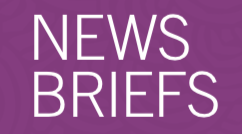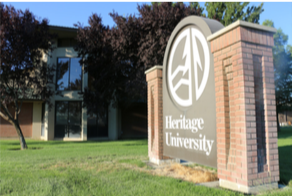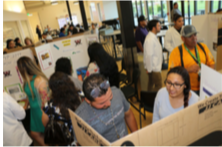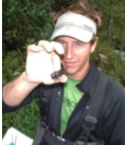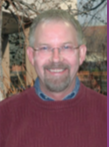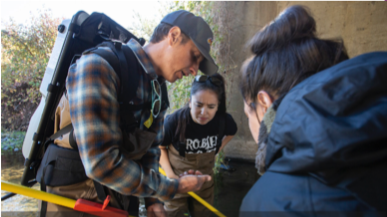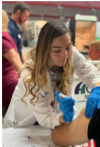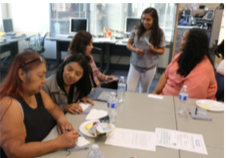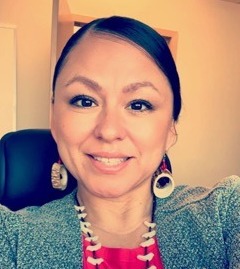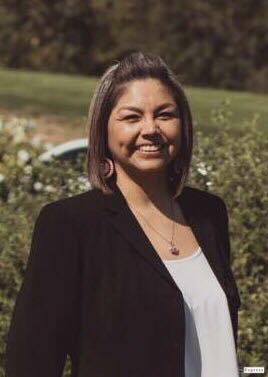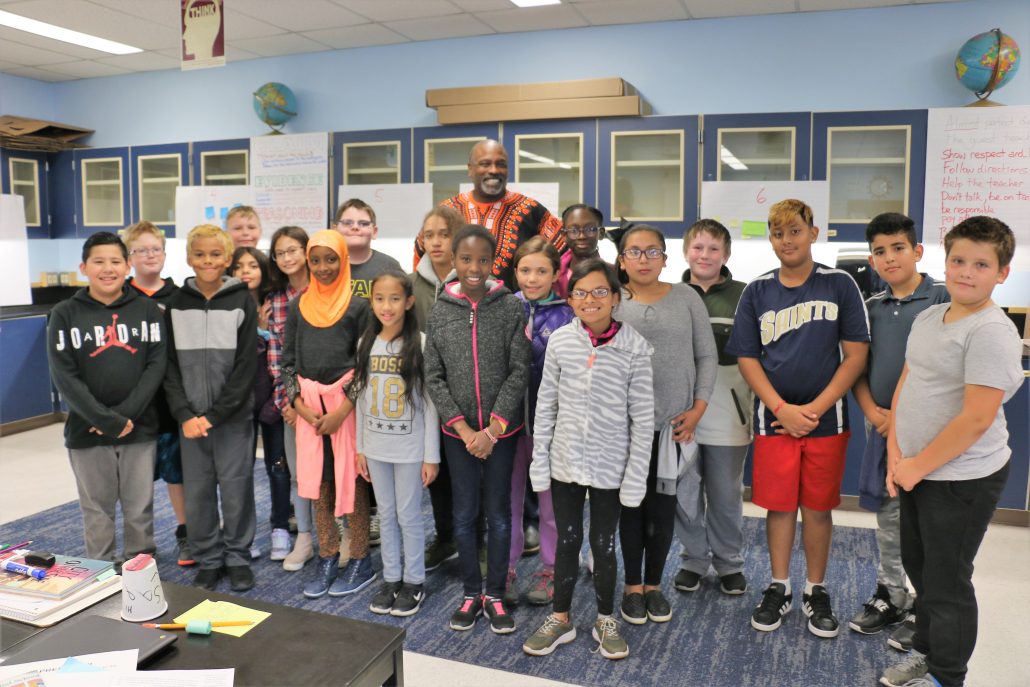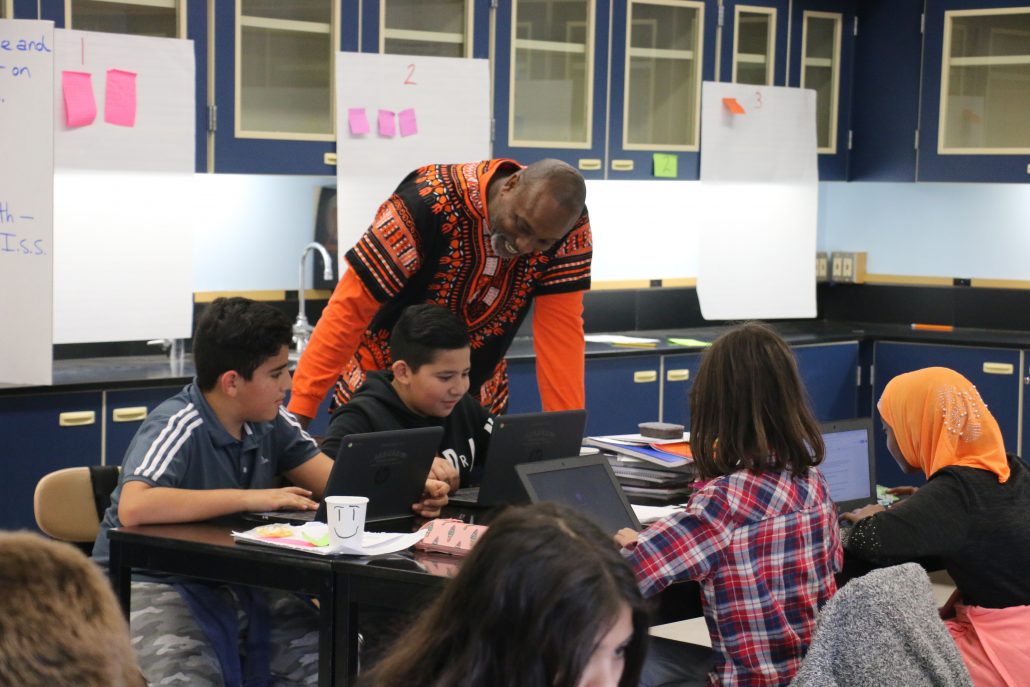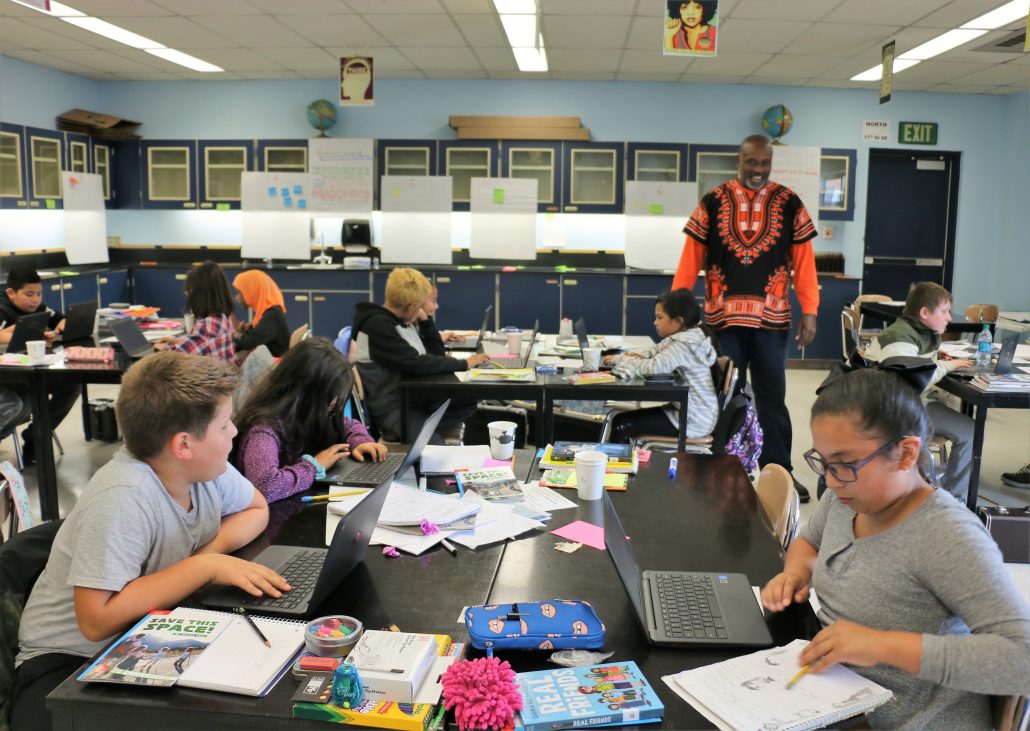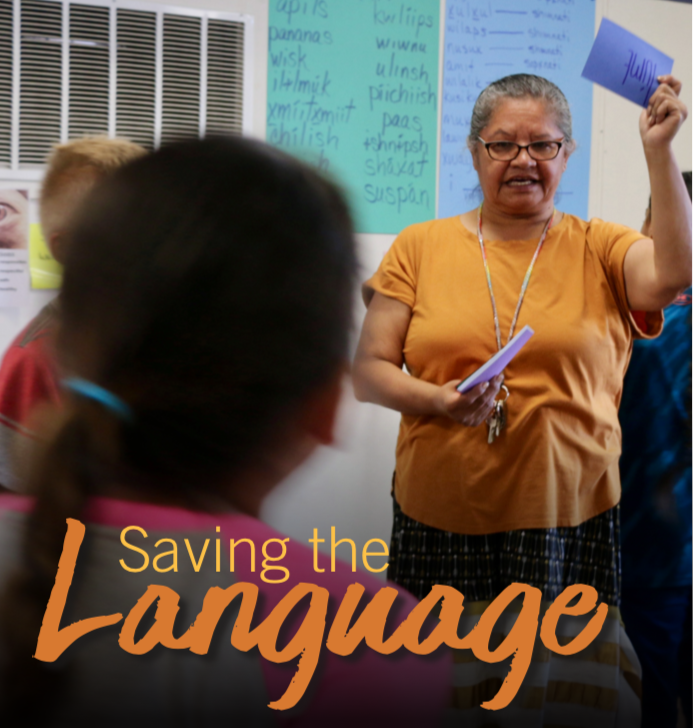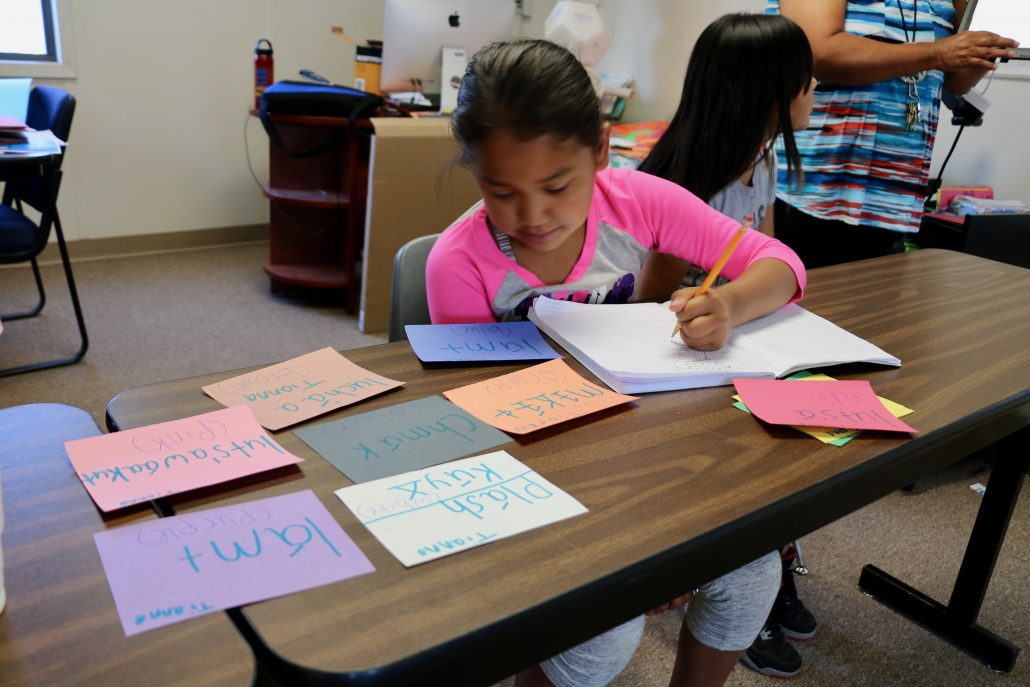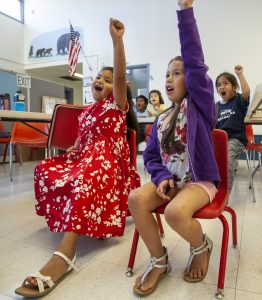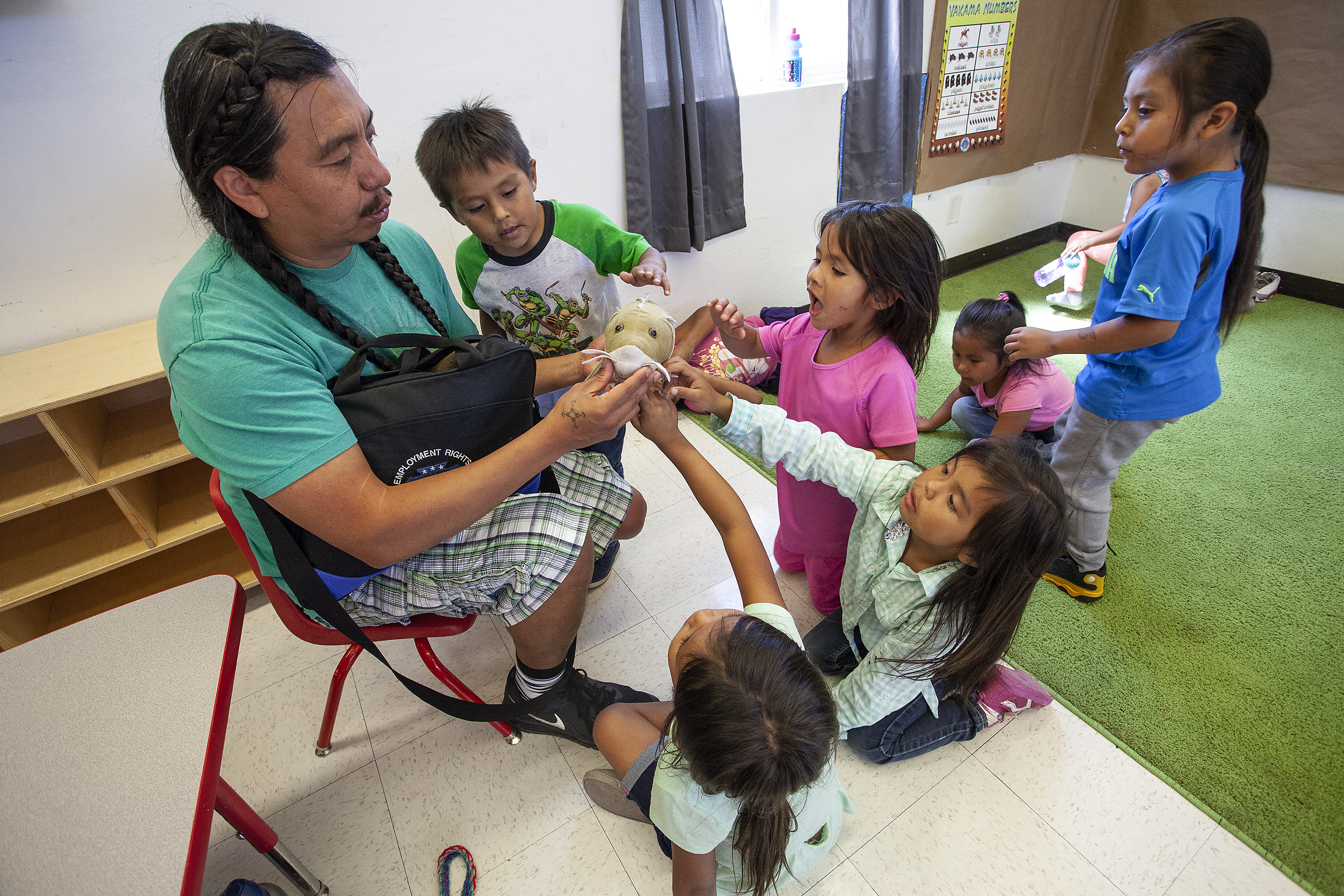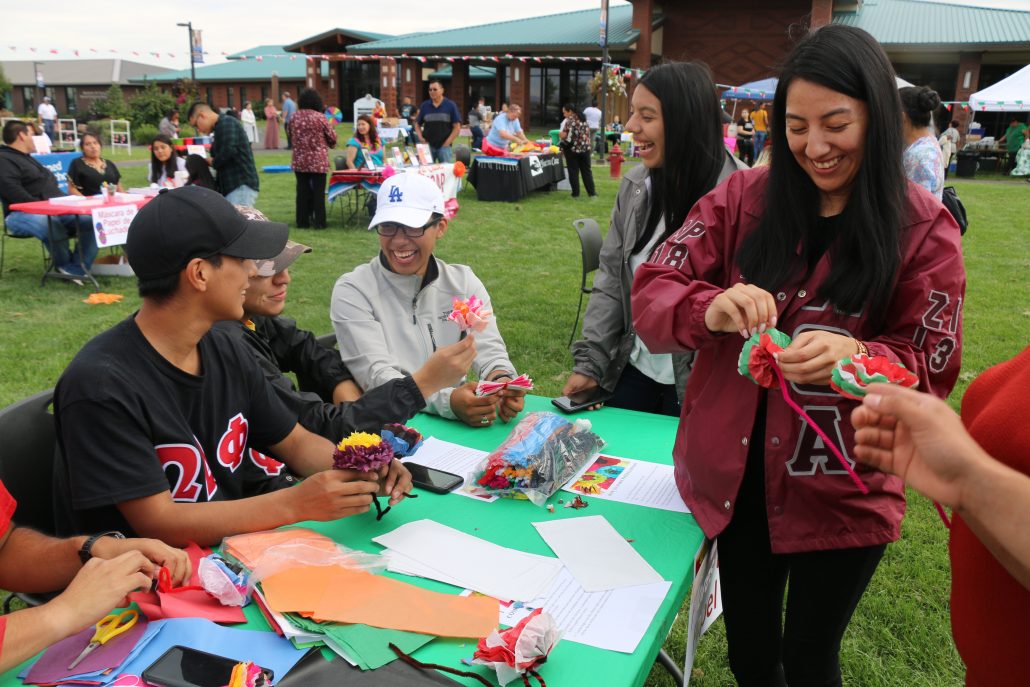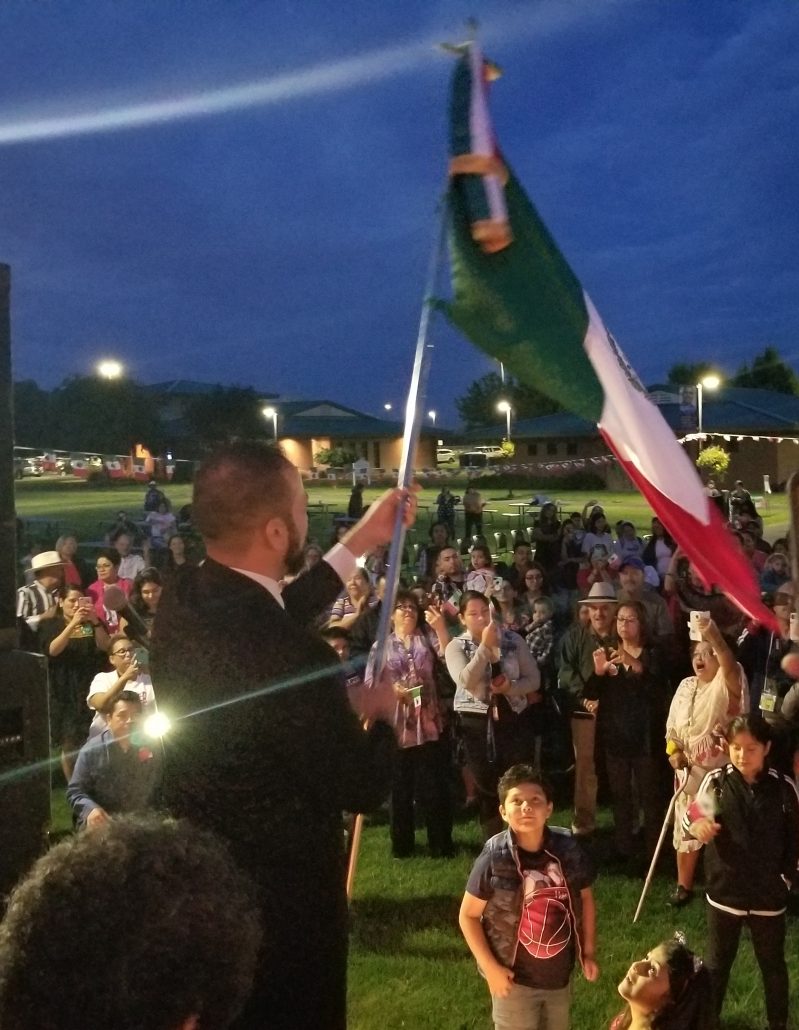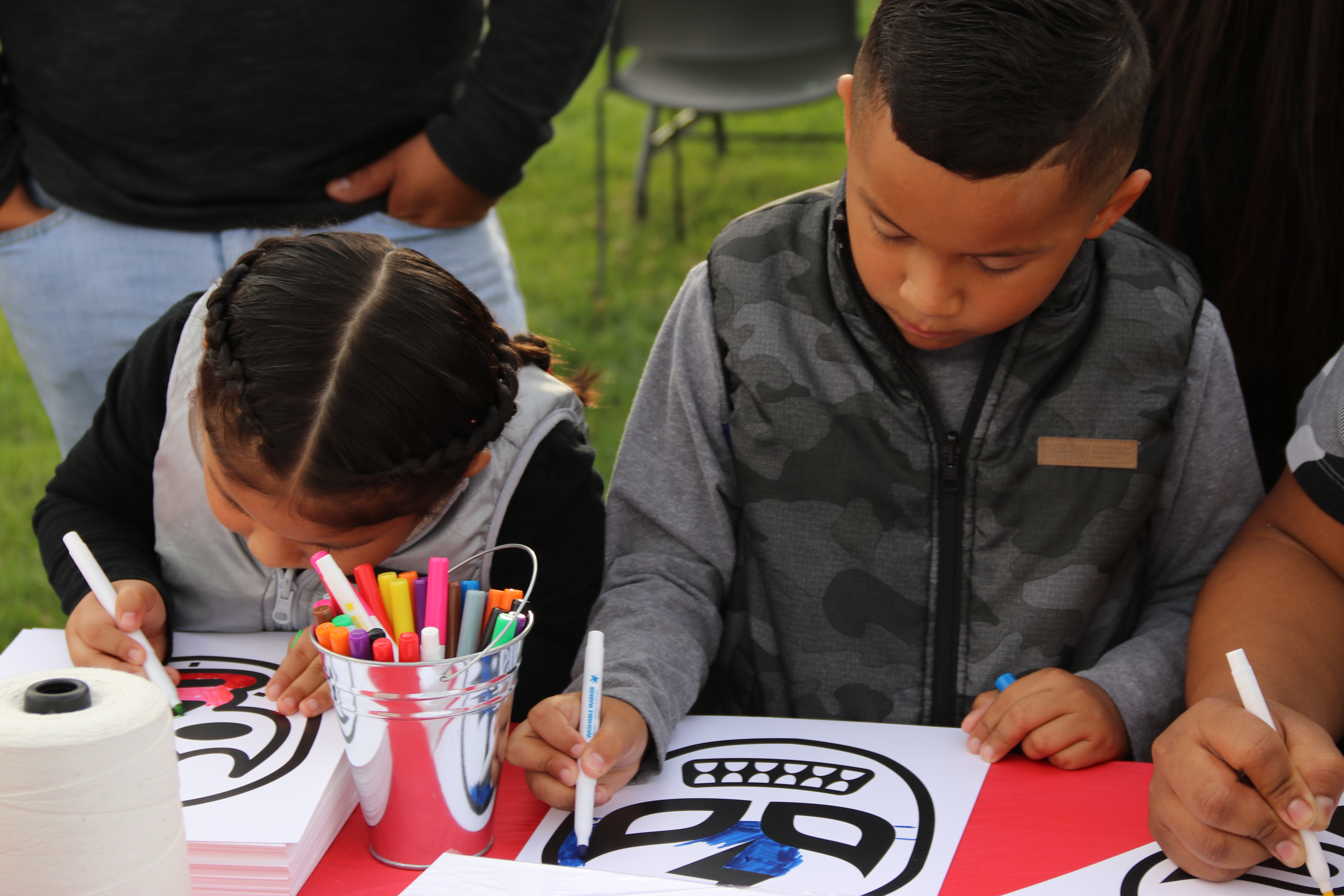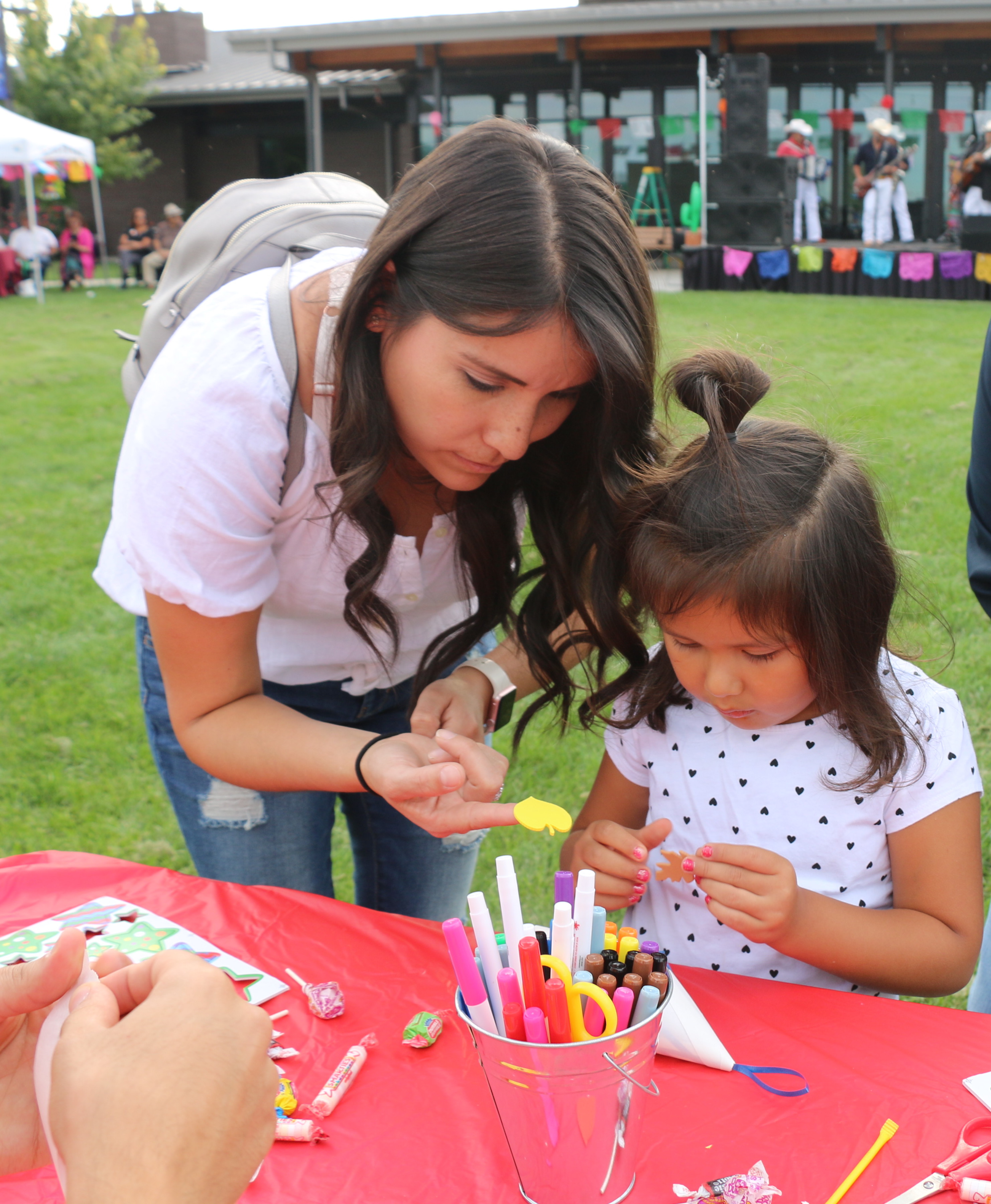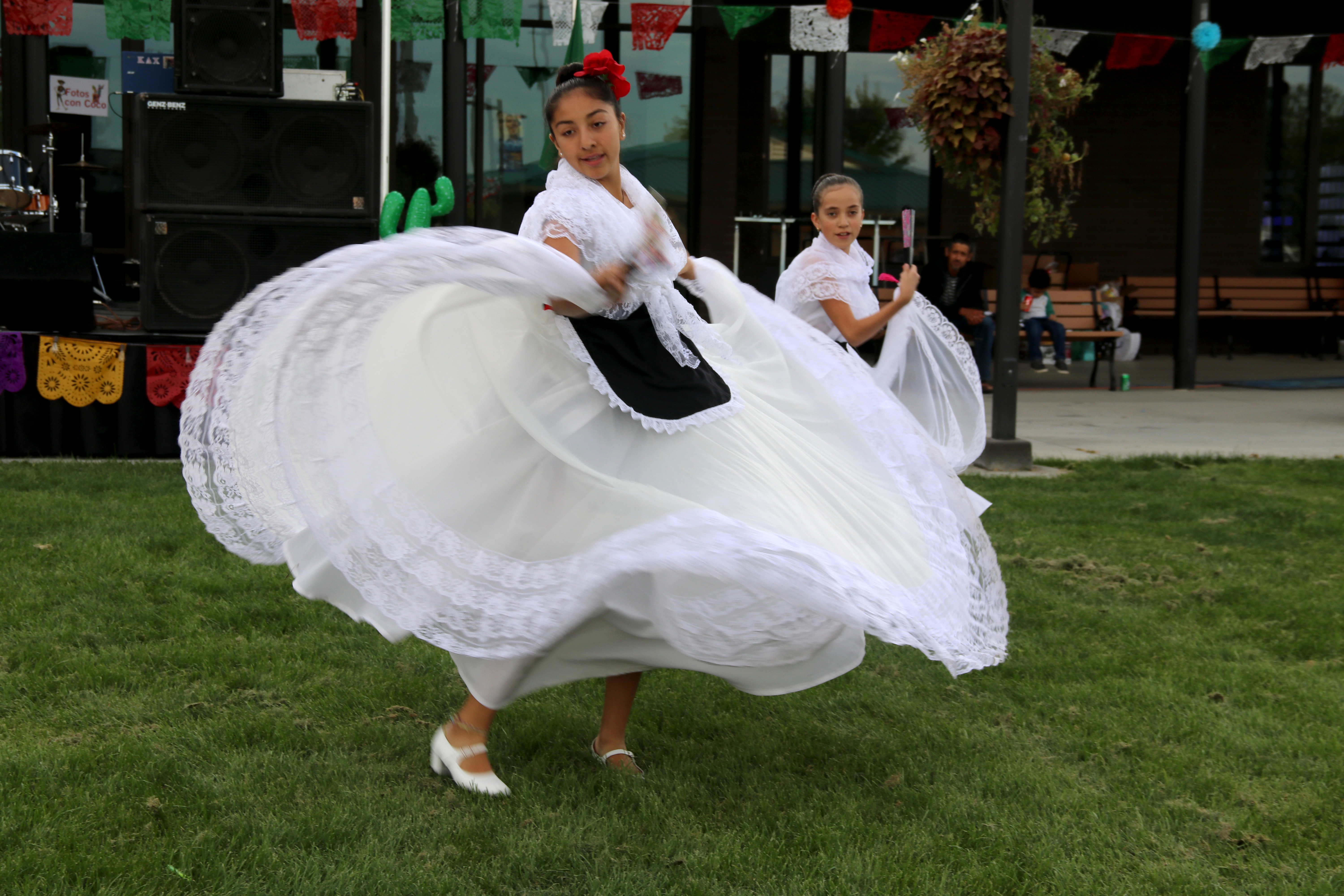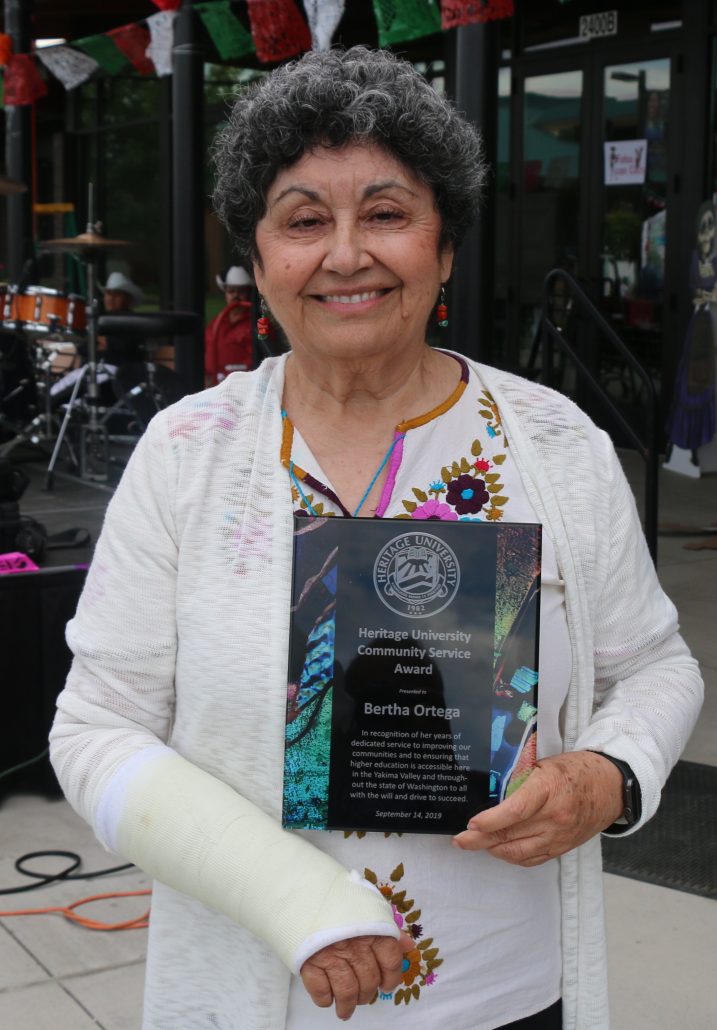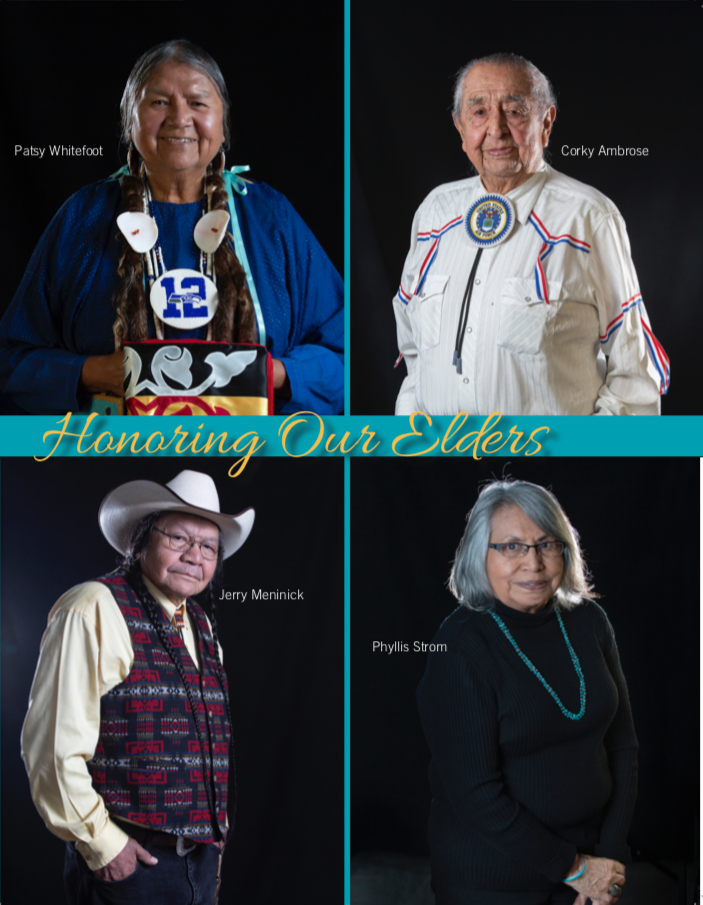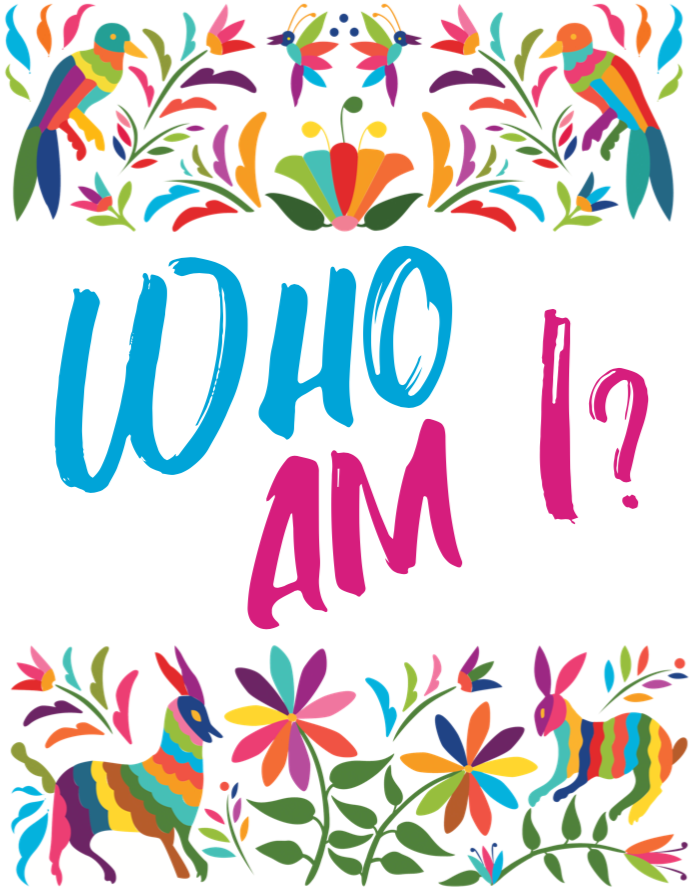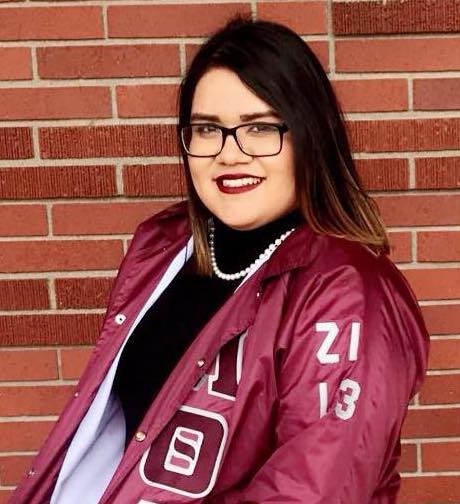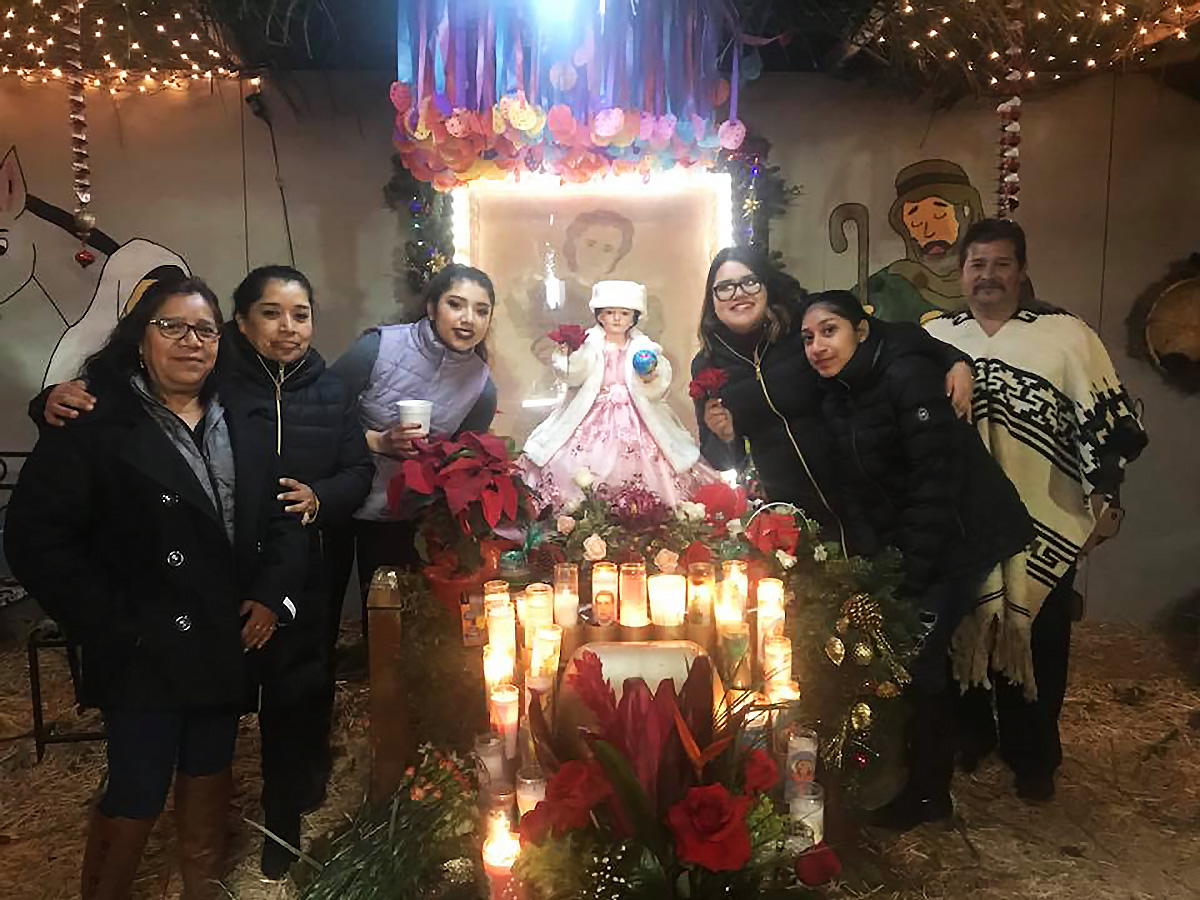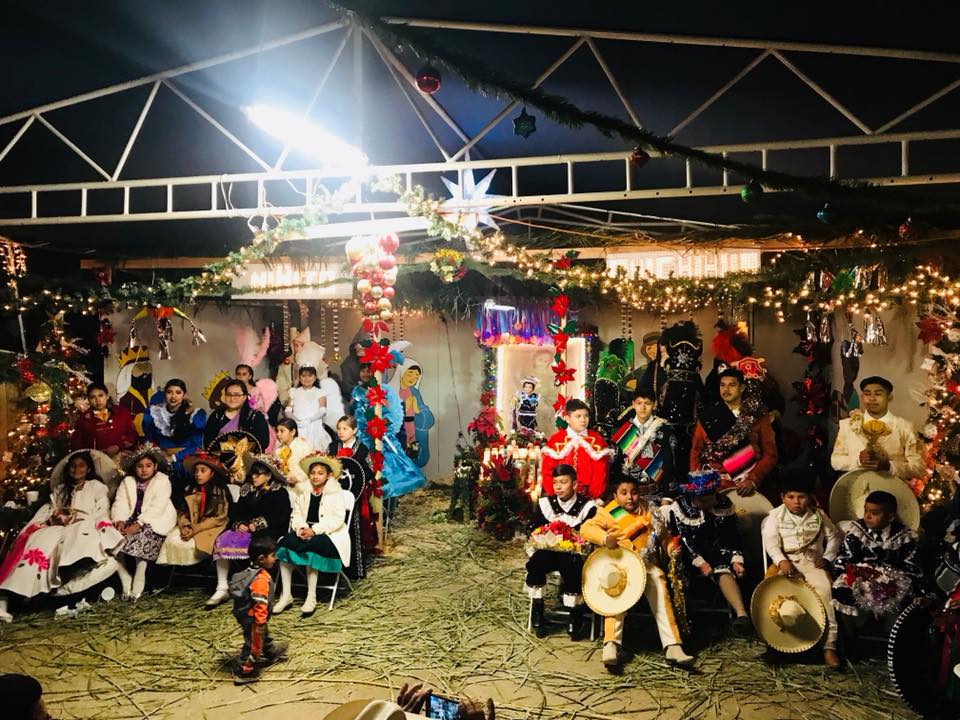Heritage University announces a new director for its Tri-Cities branch campus at Columbia Basin College
FOR IMMEDIATE RELEASE
Heritage University announces a new director for its Tri-Cities branch campus at Columbia Basin College
Toppenish, Wash. – Heritage University President Dr. Andrew Sund has announced a new director for its Tri-Cities branch campus at Columbia Basin College. Beginning January 6, 2020, Martin Valadez, currently the Director of Workforce Education at Heritage, will lead the regional site.
The former director of the Tri-Cities operation, Dr. Marisol Rodriguez-Price had expressed a desire to return to the professorate within the College of Education. Dr. Sund saw this as an opportunity to make structural changes in the operation that would better align the CBC campus with the main campus in Toppenish. “Our regional site will be directed by an administrator reporting in the same chain as the Director of Admissions. This will allow for closer collaboration between Admissions and the regional site,” Sund said.
In announcing this administrative change, President Sund praised Rodriguez-Price for her excellent work over the last four years at CBC. “Heritage is grateful to Rodriguez-Price for her commitment to the Tri-Cities regional site. She is an invaluable contributor to the Heritage University community and her dedication to the University’s mission is estimable,” said Dr. Sund.
Valadez will report to David Wise, the VP of Admissions, Marketing and Advancement; Valadez, Wise and Admissions Director Gabriel Pinon will form a team sharply focused on recruitment and admissions at the CBC campus where Heritage offers five Baccalaureate degrees: accounting, criminal justice, elementary education, psychology and social work, as well as a Master in Teaching graduate degree.
Valadez is exceptionally involved in both the academic and business communities in the Tri-Cities, where he has lived since 2006. Valadez has extensive higher education experience as both a professor and as an administrator. His most recent higher education work was at CBC where he served as a professor of history and intercultural studies and then as the Vice President for Diversity and Outreach. He also has strong business connections through his work as the former CEO of the CBC Foundation. Just this month, Valadez returned to the role of president of the Tri-Cities Hispanic Chamber of Commerce, where he has served in various roles for more than ten years. He is also Board Chair with Communities in Schools Benton-Franklin; a board and executive committee member with the Tri-Cities Economic Development Council (TRIDEC); a trustee and vice-chair for Mid-Columbia Libraries, and a member of the Washington State Complete Count Committee.
Valadez will continue his work in Workforce Education through a period of transition. Rodriguez-Price will transition back into the College of Education, where much of her work will continue to be in the Tri-Cities.
For more information, contact David Mance, Media Relations Coordinator at (509) 969-6084 or Mance_D@heritage.edu.
# # #



